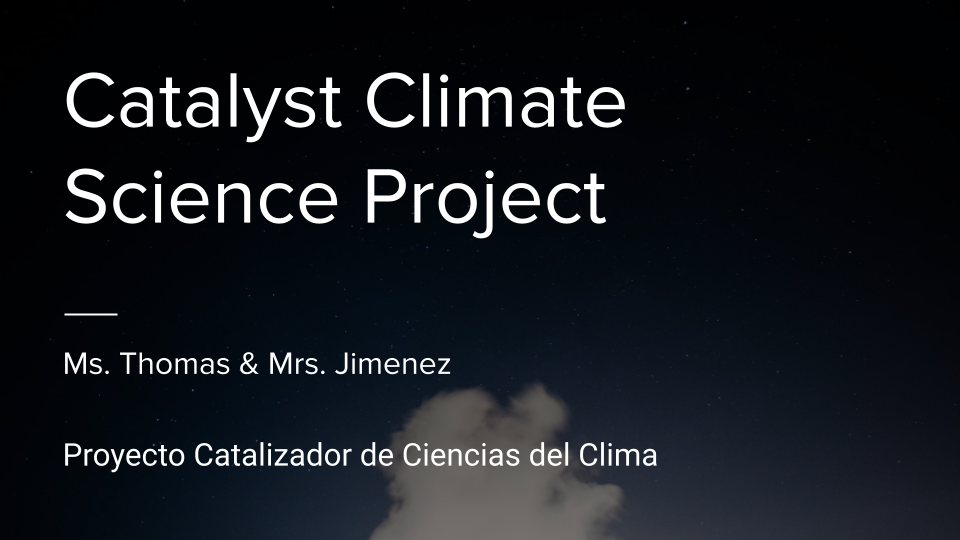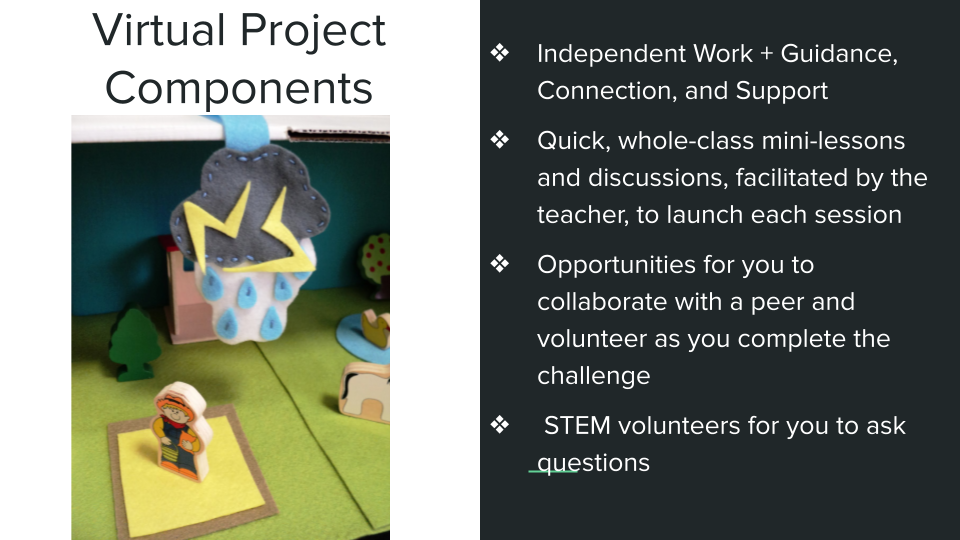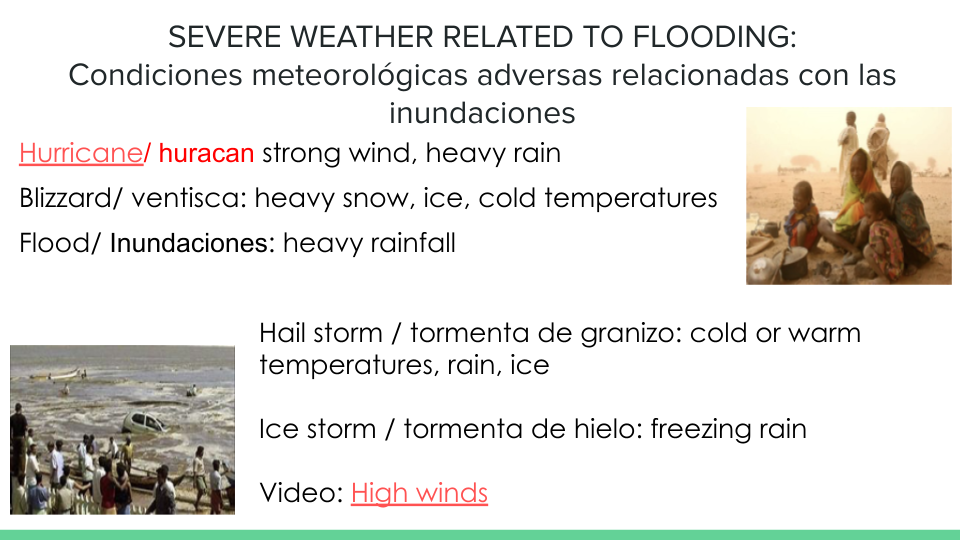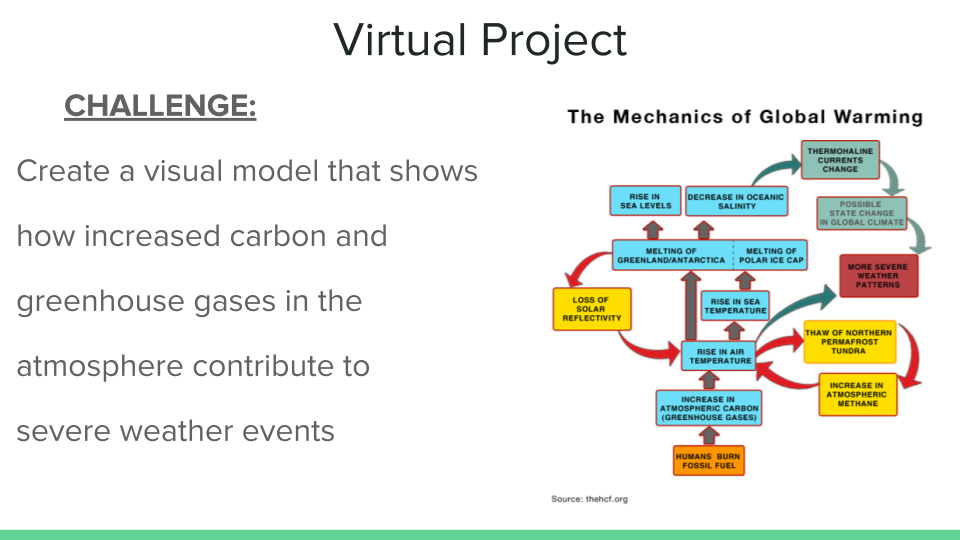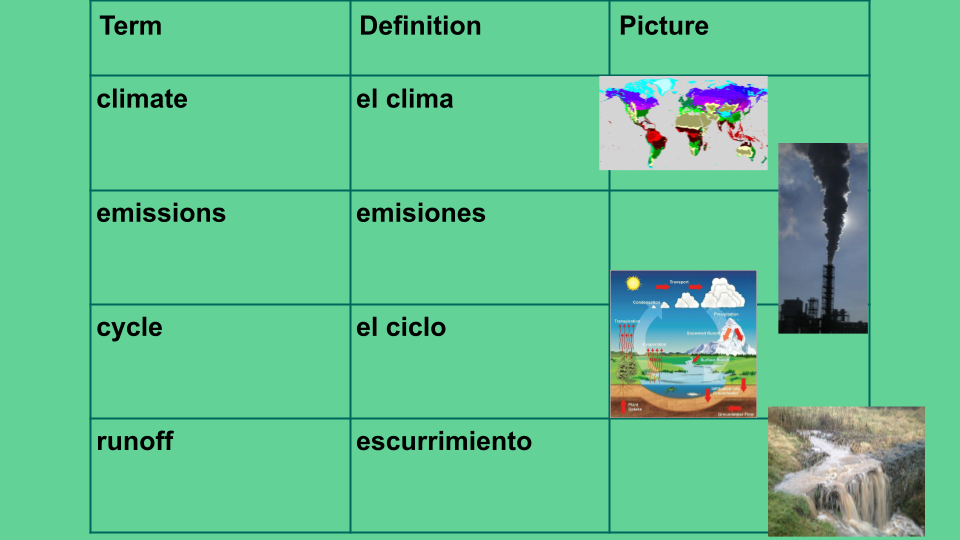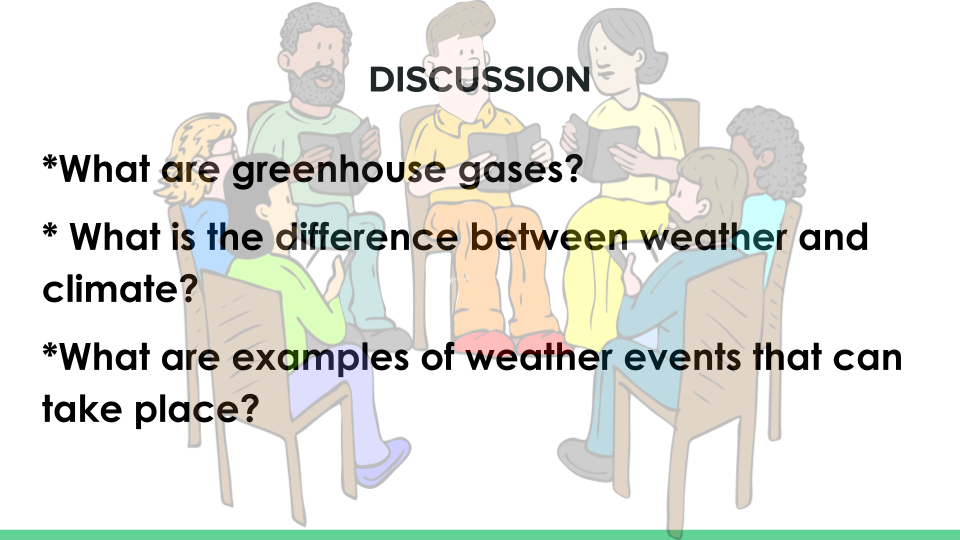Where's My Champion?
The Catalyst Project supported by Citizen Schools works to bridge the gap in education so that all of our students succeed. Career mentors and volunteers from diverse backgrounds engage in meaningful real-world, problem-based projects with students. In addition, they share industry knowledge and expose students to STEM career pathways. Our students need authentic experiences to see diversity in their classrooms and exposure to STEM career pathways. So let's all be the champions that our students need.
“Every kid needs a champion.”
That's the resounding message in Rita Pierson's TED Talk. Ms. Pierson was a phenomenal professional educator whose goal was to support all of her students. She also took a particular interest in educating others about reaching underrepresented students. She reached out with seminars, such as “Helping Under-Resourced Learners” and “Meeting the Educational Needs of African American Boys.” There is an inherent value in significant relationships. Students thrive on them! Their learning outcomes depend greatly on their ability to see themselves in teachers, volunteers, and classroom materials. Showing diversity in STEM is crucial to the success of not just our education systems but also our STEM workforce. Yet, STEM programs across the country struggle with maintaining interest and enrollment, and STEM organizations lack diversity. Why does it matter, and how do we change what we are currently experiencing?
Keys to Infusing STEM into the Spanish Curriculum: A Catalyst Project
We must give our students the gift of diversity early on to gain those all-important soft skills needed for future success. Those skills include effective communication and the ability to collaborate with others, including those of backgrounds different from themselves. The Drexel University of Education cites, “Not only does creating greater multicultural awareness and inclusion help students with different backgrounds and needs succeed, but it encourages acceptance and helps prepare students to thrive in an exponentially diverse world.” How else do they gain this knowledge, but for experiences? Early exposure to STEM and diversity in the classroom allows students to begin packing their tool belts with academic ability and interest and allows them to see themselves in other spaces.
Growing up, it was particularly tough to imagine a career in the sciences. Not because I didn't believe that I could do it. No! I was in all of the academically and intellectually gifted classes and enrolled in Advanced Placement classes in high school, earning college credit as well. There were scientists that I read about in class. There were volunteers that appeared in my classes. However, my dilemma was this: where is my face? None of them looked like me, the little brown girl. Was there a place for me in a science career? I needed to see it. We've all heard of the adage, “seeing is believing.” Well, for a child, it's definitely true! People relate best to those with similar backgrounds and experiences. Where was my champion?
Keys to Infusing STEM into the Spanish Curriculum: Collaborator Video Reflection with Mrs. Jimenez
Diversity brings varied viewpoints and real-life experiences to our students in the classroom and also to the workplace. Classrooms are becoming much more diverse; that's no secret. To adjust for this, we must teach students how to interact with those different from them. When students are exposed to various backgrounds, points of view, and cultures, they are more open-minded and willing to work with others. They are more apt to feel confident and can collaborate more effectively. To maintain the student pipeline into the STEM workforce, hook them early and keep them interested. By ensuring diversity and inclusion in the classroom, you retain the interest to continue on the path and eventually subscribe to STEM careers. Students are given people to relate to and that they can aspire to be like. There is value in being able to see yourself in someone else.
I'm reminded of one particular young black boy in my biotechnology class. He was extensively withdrawn and would throw a fit at the mere thought of speaking to adults and other students. His home life had shaped his view of himself and the belief that he should be seen and not heard. Well, it wasn't until he experienced our Citizens School's Catalyst Project that I saw a drastic turnaround. Suddenly the withdrawn genius child saw himself in our career mentor. One of our matched mentors was a black male from Fidelity Investments who shared his love for kids and aspects of his personal life, such as teaching Sunday school. He spoke of his beginning ventures in the culinary sector and wanted more balance in his life, leading him to Fidelity. After seeing the success of another black man and hearing how happy and eager our volunteer was to assist and give back, my student began to open up to our mentor and show his work. He now felt that he had a bond. He had formed a connection based on shared background and identified with sometimes being torn in two directions. He started to take the lead in his group and ended with a phenomenal project that he wanted to present to our school principal! This experience catapulted my student into a whole new world open to endless opportunities.
Keys to Infusing STEM into the Spanish Curriculum: Student Public Service Announcement Flyer; By: Fiona at Githens Middle School Durham, NC
Two years later, the student still recalls the project, exclaiming, “It was a pretty cool project, and I loved getting to work with another adult too!” Our volunteer continues to mentor students with the program today, sharing the sentiments that some students may be feeling with virtual learning. Recently, a group of students shared their observations about greenhouse gas emissions and how they relate to climate change and severe weather. In turn, our volunteer shared his company's initiatives to slow global warming. The students were thrilled to know that even financial institutions are taking measures to do their part in the fight against climate change. Another volunteer shared a bit about her Indian heritage and how climate change dramatically impacts her country and family members back home. It's these experiences that make all the difference for our black, brown, and female students in STEM careers.
In the STEM workforce, we are seeking to solve complex global problems. These issues must be addressed from a broader perspective and require the know-how of individuals who have been trained to work with others of varying backgrounds, cultures, and views. Companies that are diverse and inclusive have an advantage over those that are not. When your company is diverse, you see a better cross-section of the communities in which you serve. How do you make products for a group of people; if those people don't have input in your process? You also reach a larger audience. People relate to those who are like them. What's more, people with different experiences offer valuable insight, allowing for a more innovative team.
I implore all educators, community program managers, and workforce human resource professionals to make strong initiatives at engaging diverse volunteers into your classrooms and workplace. Provide the champions that our students so desperately need and increase your potential to have a broader impact worldwide. Will you be a champion?
About Citizens Schools and the Catalyst Project
Citizen Schools is an educational outreach program whose focus is to engage learners in authentic hands-on projects coupled with social, emotional, and community mentor support. With an emphasis on providing positive and meaningful relationships for students, staff, and partners of Citizen schools work to bridge the education gap and provide equity for all students. In addition, through the Catalyst Program, Citizen Schools brings career mentors into the classroom to teach high-quality experiential learning projects. These career mentors are industry professionals who come from diverse backgrounds and organizations to help students build confidence, develop critical social emotional learning skills and explore STEM career pathways. For more information, visit citizenschools.org.

